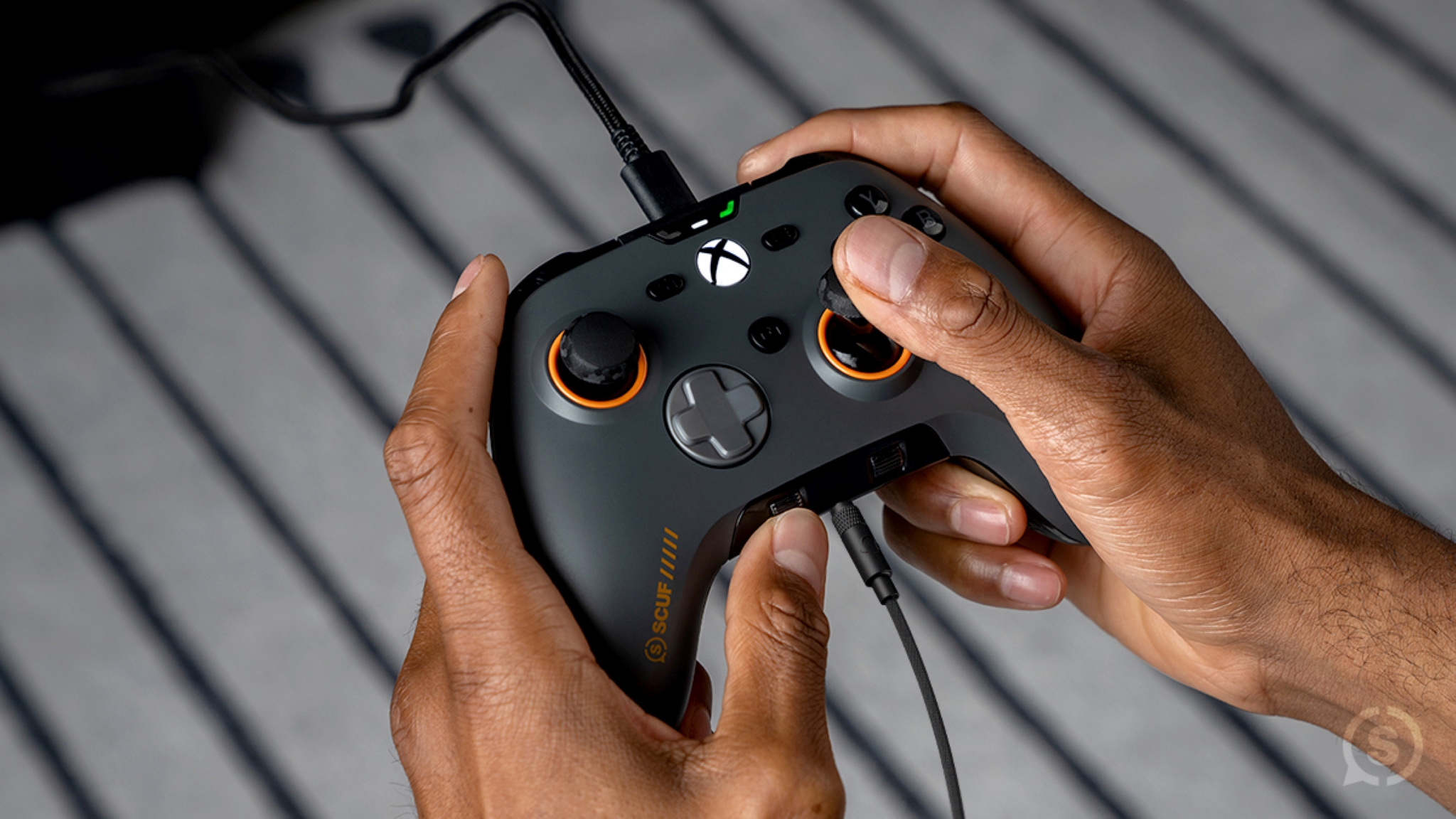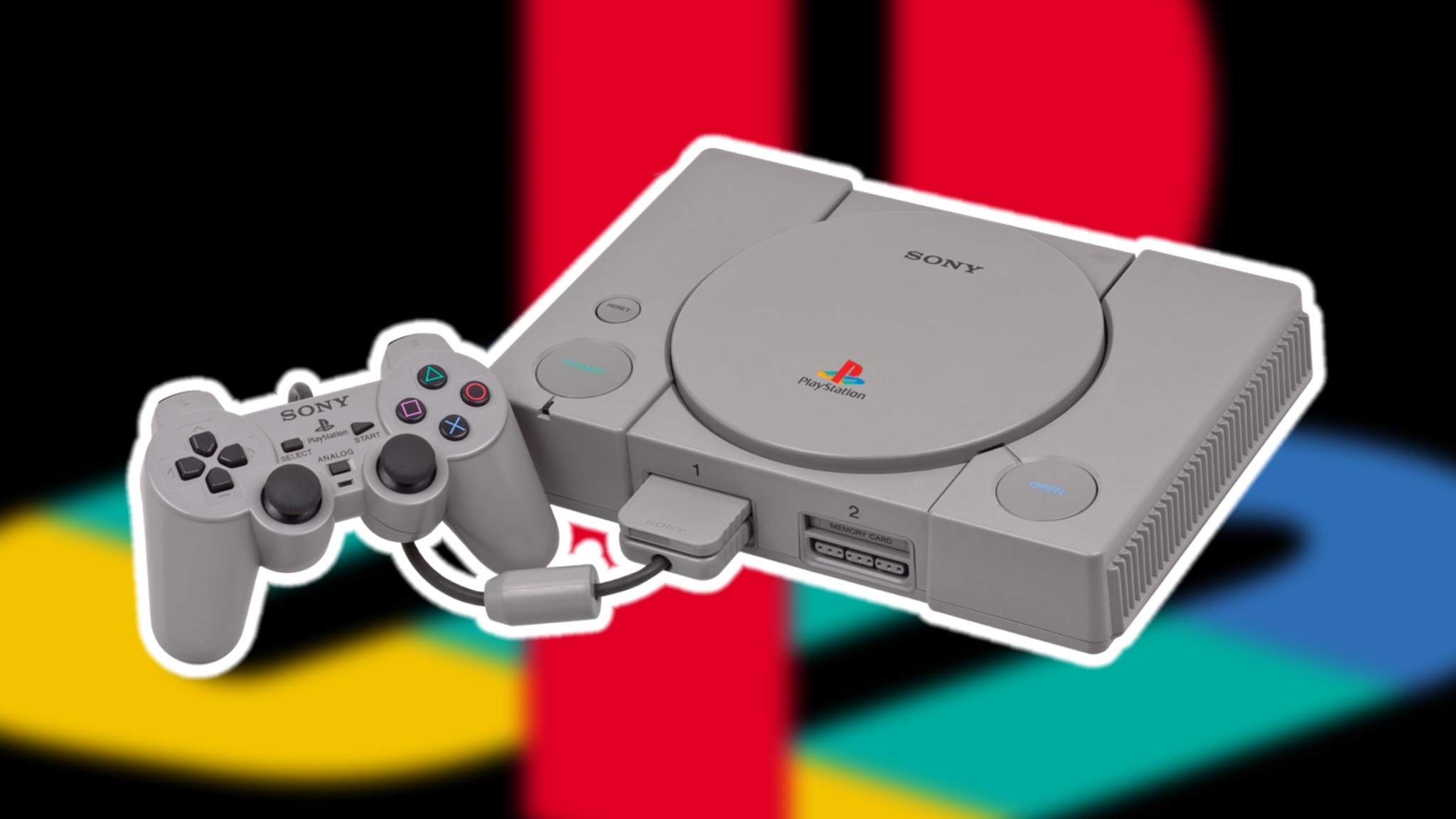
Video games have always been captivating, and along with that appeal came various myths and superstitions that players believed would help them win, for no clear reason. Gamers have often embraced supposed tips and tricks – from rumors shared among friends to confident statements on early online forums – hoping they’d reveal secret abilities or overcome impossible challenges. We accepted these beliefs for years, only to later discover they were completely untrue.
Certain ideas within gaming become so deeply rooted that even players who doubt them often find themselves testing them out. These beliefs exist in the moments between gameplay, in the habitual actions and routines gamers perform automatically. Many have lasted for years, passed down through communities, remaining unproven yet widely accepted. To this day, some players claim to know a hidden technique that others haven’t discovered, as if games contain secrets unlocked only by belief, or maybe, simply by imagination. These aren’t necessarily confirmed strategies, but rather persistent notions.
3. Blowing Into Cartridges Fixes Them

As someone who grew up in the 80s or 90s, I definitely remember the important task of blowing into game cartridges when a game wouldn’t load! That little puff of air always felt like magic, like a little ritual that would somehow make the screen finally come alive with those awesome sprites that just made you feel good. Seriously, kids and adults believed in it! We all thought it actually worked. The sound of the cartridge clicking back into the system was so reassuring – it felt like a sign that the digital world inside would wake up if you were careful with it. It was almost meditative, that little moment to pause and hope your adventure could continue.
The reality is much simpler. Blowing on a cartridge might temporarily dislodge dust, creating a better connection and a quick moment of success. However, the warmth and moisture from your breath could actually harm the metal inside over time. That ‘magical fix’? It was likely just luck – the game would have worked once the cartridge was properly inserted anyway. Yet, that one successful attempt led many players to believe they had a special way to influence the machine. The practice continued, not because it consistently worked, but because it felt like it did – a small victory over technology that seemed determined to resist. It was a comforting illusion, a way to feel in control. This belief persisted for generations.
2. Pressing Buttons Faster Increases Catch Rates or Damage

There was nothing quite like rapidly pressing buttons during a challenging game. Whether you were trying to catch a rare Pokémon or deliver a devastating blow in a fighting game, many players believed that how quickly and powerfully you pressed buttons could actually affect the game’s outcome, even if it meant breaking your controller. A well-worn controller button was often a badge of honor, a sign of many victories earned. This belief was so strong that entire game strategies were built around it, and no guide or friend would ever question it. It felt like a fundamental truth. There was a direct, physical connection to the action, making you feel like you were truly controlling your character’s fate. Pressing the buttons faster felt like controlling destiny itself, and that immediacy was incredibly captivating.
Looking back, it usually didn’t actually change the outcome. Game mechanics, which are usually controlled by random chance or set patterns, never really reacted to fast button presses like players thought. However, the *feeling* of being in control, along with the excitement of intense situations, led many gamers to believe that rapidly pressing buttons *did* make a difference. For a lot of people, it became part of the experience, their own personal contribution to the unfolding story. Even after being proven false, the idea stuck around because it became a habit – a small, enjoyable way to *feel* like they were influencing the game, making wins seem more deserved even when the game’s logic said otherwise.
1. Tapping the Console or Cartridge Makes It Work Again

If a game ever messed up, the first thing I – and probably a lot of you – would do is the classic tap and nudge. Seriously, giving the console or cartridge a quick tap or gentle thump is a memory we all share, because it actually *worked* surprisingly often. When the screen froze up, a level glitched out, or the game just wouldn’t start, it was always my first – and sometimes last – resort. There was always that little spark of hope with each tap, like the console would somehow *understand* I was trying to fix things and reward me for not giving up. I remember entire families watching with bated breath as someone tried a hopeful flick or a gentle nudge on a stubborn system. It’s funny, because in those moments, it felt less like fixing something and more like… well, superstition. But hey, it worked sometimes! You could even find guides online about it!
Actually, simply tapping the console didn’t really address the core problems. Problems like loose connections or faulty cartridges weren’t fixed by just giving it a nudge. Sometimes, a tap would happen to move things slightly, allowing the game to start, but this was unreliable and didn’t last. Ironically, repeatedly tapping could even make the damage worse, which was frustrating for anyone hoping to fix things. Despite this, the idea stuck around because people focused on what was happening on the screen *in that moment*, instead of considering the long-term effects. The myth spread like a story passed down through generations, leading many players to believe that enough effort and faith could bring a game back to life. It became a common understanding within gaming culture-a subtle way of acknowledging how far players would go to keep playing in the worlds they enjoyed.
These beliefs stick around because they show how closely players connect with their games. Actions like blowing into cartridges, rapidly pressing buttons, or tapping controllers give players a feeling of control, even though the game world is usually governed by unseen rules and programming. These habits prove how curious we are and how much we want to affect things that seem beyond our reach. Even today, with newer consoles and automatic updates, traces of these behaviors still exist – a quiet sign that part of what makes gaming so appealing is uncovering the strange and mysterious within the huge digital landscape.
What do you think? Leave a comment below and join the conversation now in the ComicBook Forum!
Read More
- Best Controller Settings for ARC Raiders
- How to Get to Heaven from Belfast soundtrack: All songs featured
- 10 Most Memorable Batman Covers
- 10 Best Anime to Watch if You Miss Dragon Ball Super
- How to Froggy Grind in Tony Hawk Pro Skater 3+4 | Foundry Pro Goals Guide
- Star Wars: Galactic Racer May Be 2026’s Best Substitute for WipEout on PS5
- 32 Kids Movies From The ’90s I Still Like Despite Being Kind Of Terrible
- Best X-Men Movies (September 2025)
- Netflix’s Stranger Things Replacement Reveals First Trailer (It’s Scarier Than Anything in the Upside Down)
- Wife Swap: The Real Housewives Edition Trailer Is Pure Chaos
2025-10-02 21:41